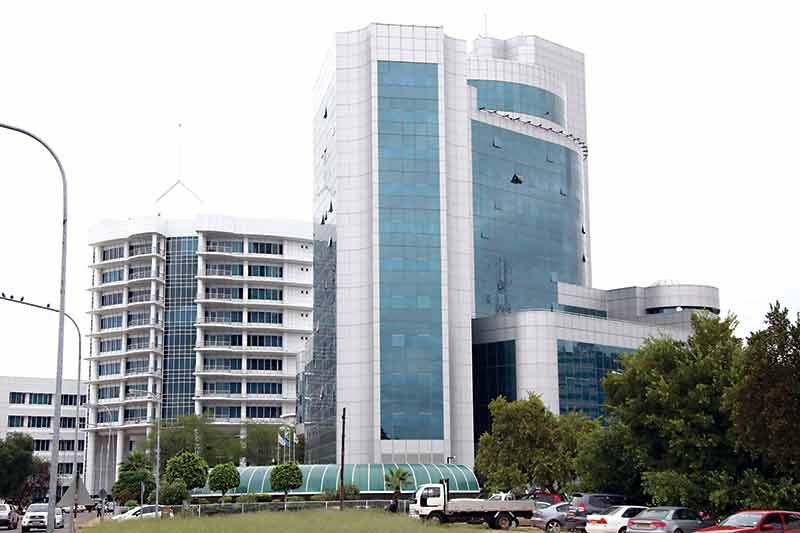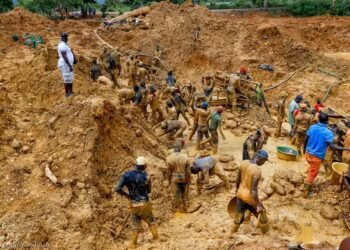Botswana’s President Duma Boko has declared a public health emergency, citing the collapse of the national medical supply chain, which has left hospitals and clinics critically short of medicines and essential supplies.
On Monday, Boko announced that the military would take control of emergency distribution to restore supplies across the country. He said the first convoys would depart from the capital, Gaborone, in the evening to deliver medicines to remote communities.
Earlier this month, the Ministry of Health and Wellness warned that the country was dangerously low on medication and basic supplies due to financial constraints. As a result, all non-urgent surgeries were postponed.
“The medical supply chain, as run by central medical stores, has failed. This failure has led to a severe disruption to health supplies countrywide.”
President Duma Boko
The Ministry of Finance has approved an emergency injection of 250 million pula ($17.35 million) for procurement to address the shortages. Despite this intervention, the crisis underscores deeper systemic problems in Botswana’s healthcare infrastructure.
The government has struggled to maintain adequate spending levels after a prolonged slump in the global diamond market, which has traditionally been the backbone of Botswana’s economy. The situation was further complicated when the administration of U.S. President Donald Trump reduced aid that had previously supported Botswana’s health programs.
While a government spokesperson did not immediately clarify whether the U.S. cuts directly contributed to the current breakdown, Boko noted that inflated procurement costs and poor distribution systems were worsening losses, waste, and damage.
The Ministry of Health, in a statement dated August 4, disclosed that it owed 1 billion pula to private hospitals and suppliers, a debt that has deepened the crisis. Medications for conditions such as hypertension, cancer, diabetes, tuberculosis, asthma, eye diseases, mental health, and reproductive health are now in dangerously short supply. Shortages also extend to basic materials such as sutures and dressings.

Emergency Response As System Flaws Exposed
The ongoing crisis has revealed long-standing weaknesses in the country’s drug procurement and distribution system. At the heart of the problem is the Central Medical Stores (CMS), a state-run body under the Ministry of Health responsible for procuring and distributing medication nationwide.
The centralization of procurement, while intended to lower costs through bulk purchasing, has often led to bureaucratic delays and supply bottlenecks. Experts argue that the tendering process for pharmaceuticals is slow and cumbersome, sometimes resulting in missed deadlines and delayed contract awards.
Adding to the challenges is the absence of a modern digital tracking system for medical inventory. Manual tracking often produces errors, leading to situations where some health facilities are overstocked while others run out of critical medicines. This mismatch not only creates inequities in access but also undermines patient care.
Government Faces Pressure To Reform
Distribution logistics have also proven inadequate. Medicines move from CMS warehouses to regional depots and then to local clinics. However, poor infrastructure and inconsistent delivery schedules frequently delay supplies. Limited coordination between health departments further weakens the system’s responsiveness, especially in emergencies or during sudden surges in demand.
Experts recommend that Botswana overhaul its supply chain by investing in technology-driven solutions that allow real-time monitoring of medical stocks. They also emphasize the need for greater transparency in procurement processes and stronger collaboration among government agencies to prevent future crises.
As the emergency distribution drive begins, Boko acknowledged the urgency of reforms, stressing that inefficiencies could no longer be tolerated. For many Batswana in need of lifesaving treatment, the hope is that the government’s swift response will bring immediate relief while laying the groundwork for long-term solutions.
READ ALSO: Solar Energy Most Economically Viable for Nigeria’s Power Mix – REA Boss



















